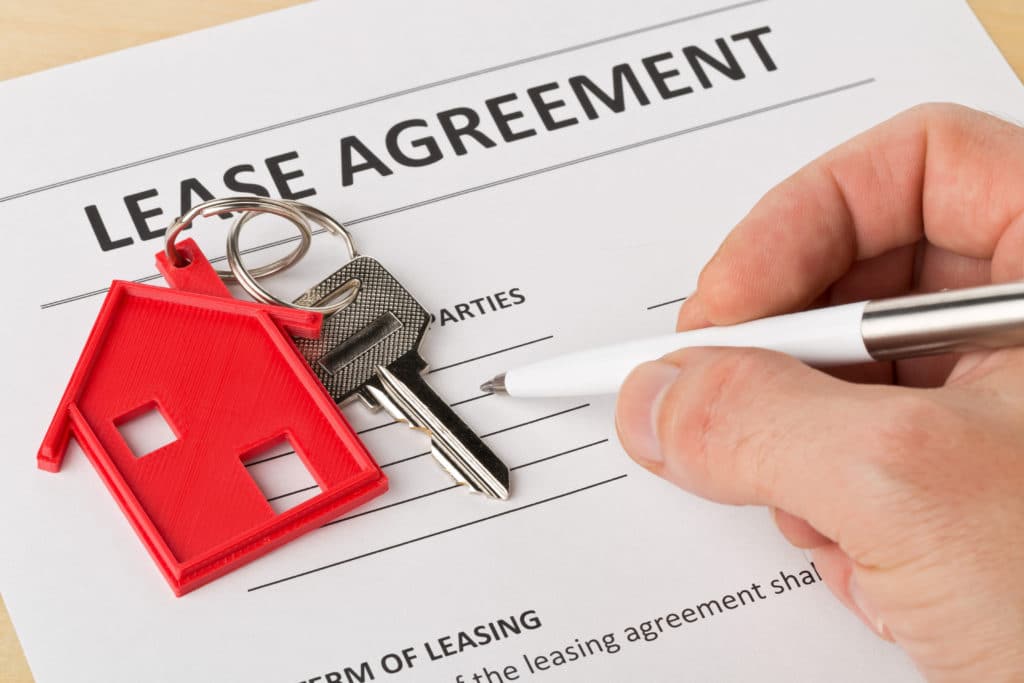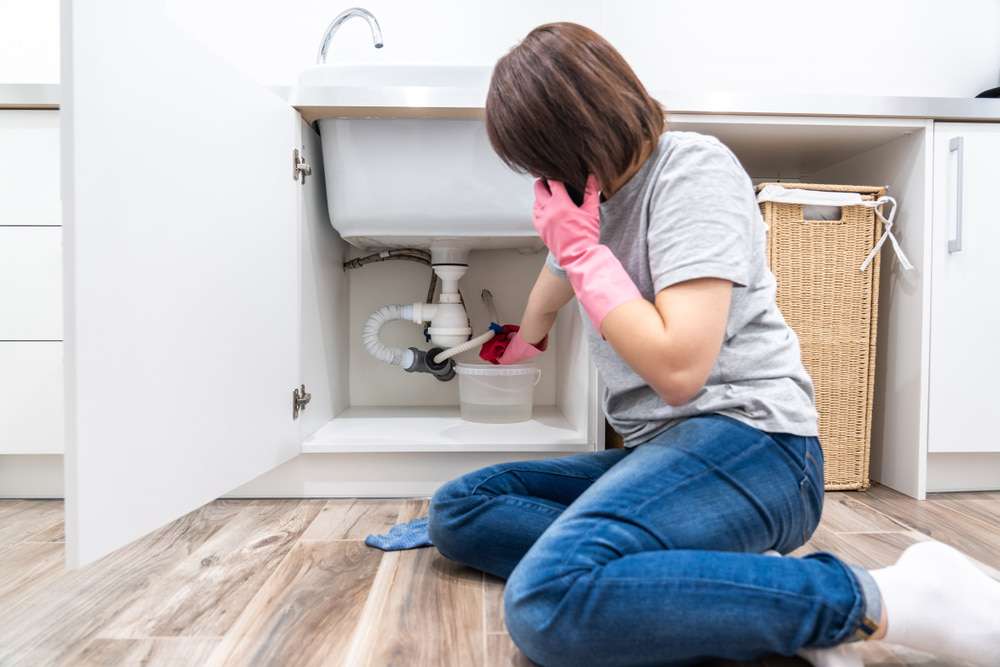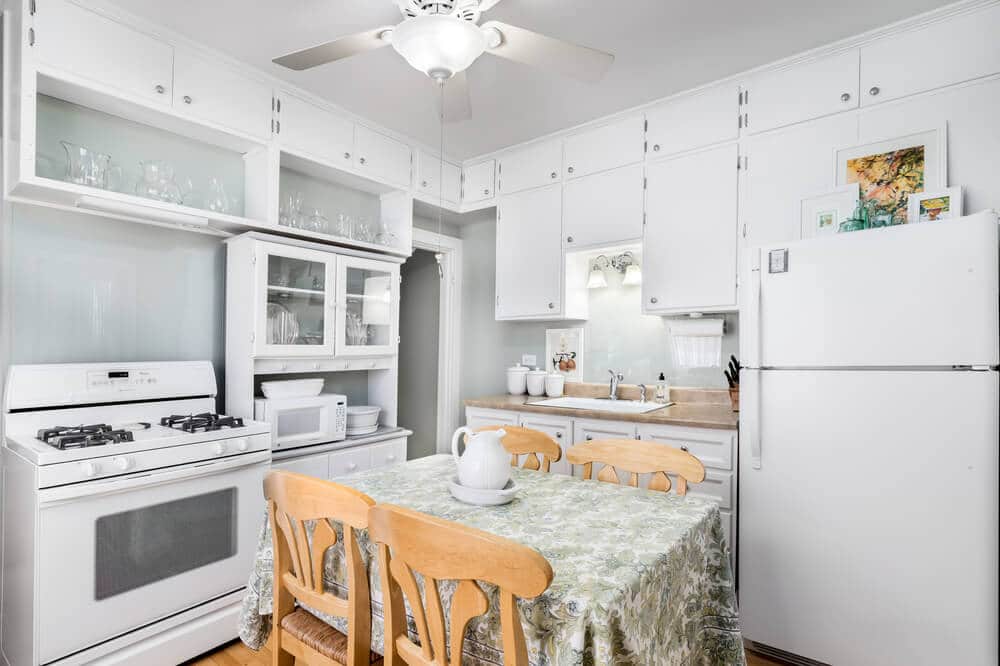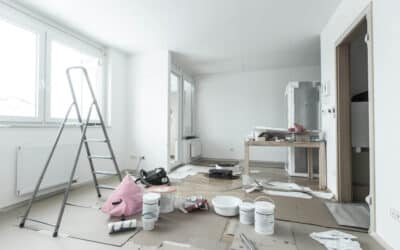Typically, if it is a major appliance that was in the apartment already such as a refrigerator, and the appliance has malfunctioned due to normal wear and tear, then yes, a landlord will repair or replace it (but check your lease for specifics).
If it is a non-major appliance or if the damage was caused by misuse or abuse by the tenant, the landlord likely does not have to replace it. Again, check your lease. If the landlord decides to fix it and it was damaged caused by you, he/she may charge you for repairs or replacement.
Are there exceptions?

Yes, there are always exceptions which is why you should call your specific landlord and check your lease. For example, if you live in an apartment and lease your washer/dryer through a 3rd party company, you may have to call that vendor to fix it.
What Happens to Broken Appliances in an Apartment?
There are a number of appliances that are found in apartments today, including dishwashers, fridges, freezers, microwaves, ovens, garbage disposals, heaters, air conditioners, washing machines, and dryers. Broken appliances in apartments can occur for a number of reasons:
- General wear and tear
- Improper use
- Old or aging appliances
- Overuse
Based on the specific cause of the breakdown, the responsibility to fix will lie with either you or your landlord. Again, typically, if due to normal wear and tear, a landlord will replace or repair the appliance.
What Is the Process for Changing Broken Appliances?

First, if not obvious, the landlord will need to establish the appliance is indeed broken. Typically, a landlord will send maintenance personal over to assess the issue. If the appliance can be repaired, a landlord might schedule a repair. If not, the landlord will typically order a replacement.
What Appliances Are Included?
A typical apartment will come with a range/stove, refrigerator/freezer, HVAC appliances, and garbage disposal. Some may come with a microwave. Usually, landlords list the appliances provided with the apartment on the listing, but if you’re not sure, it is always best to check before signing any rental agreement.
In Summary
It goes without saying that any appliances supplied by the tenant are their own responsibility to maintain, replace and repair (if even allowed under the lease). It is always best to confirm these details, in writing, in the rental contract so that there is no room for miscommunication later.





